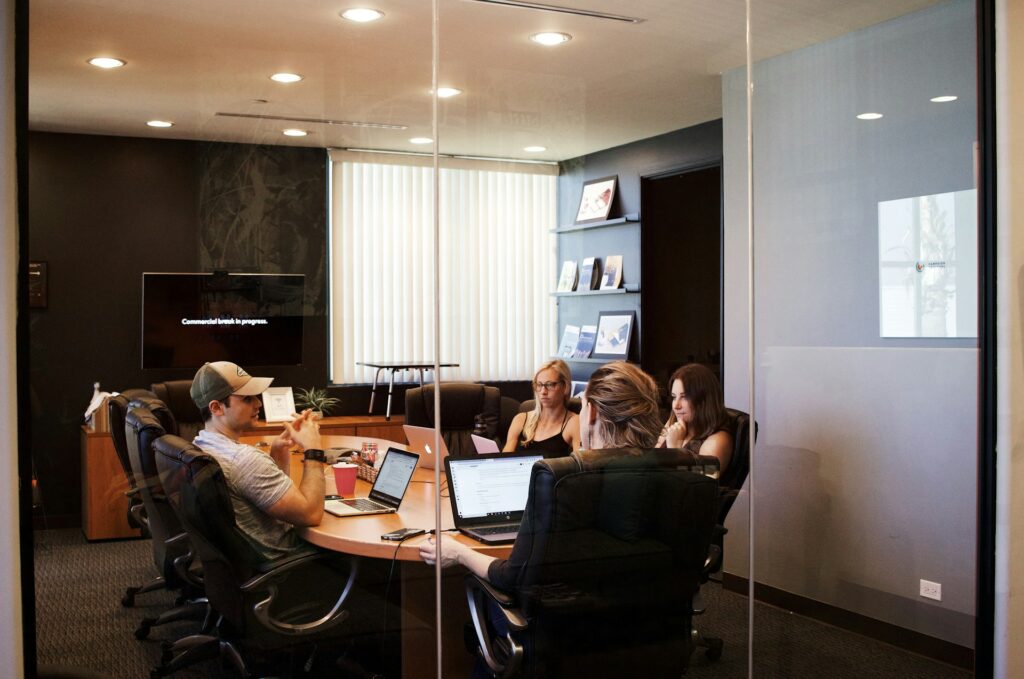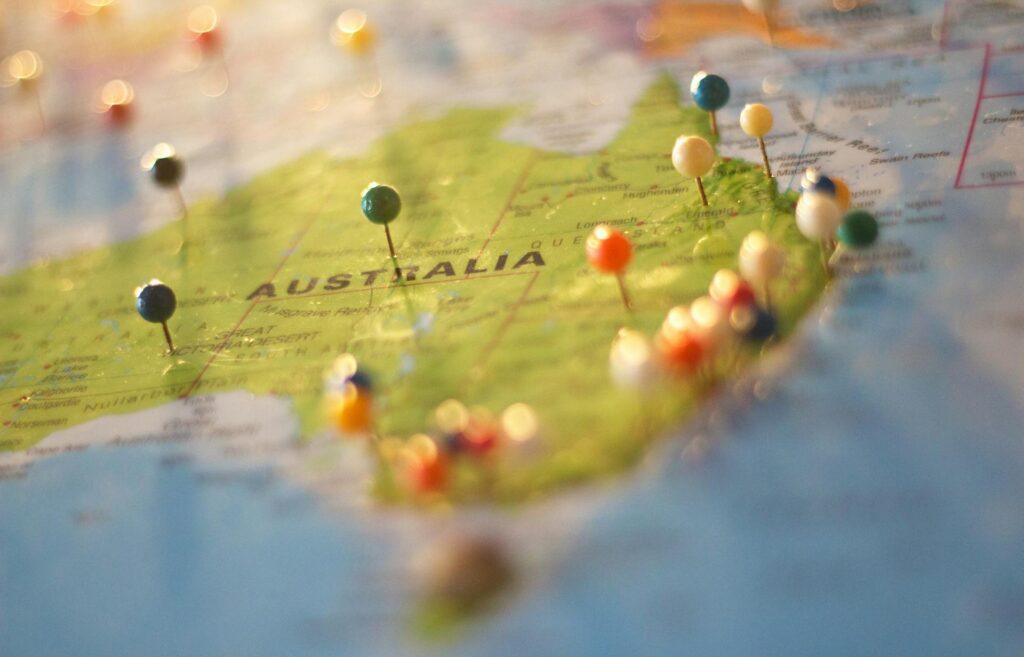Australia, with its diverse job market and high quality of life, is a dream destination for many job seekers around the globe. Are you a recent graduate, an experienced professional, or someone seeking a new adventure? There are numerous opportunities and benefits to work in Australia.
In this guide, we’ll explore the ins and outs of securing a job in Australia, including application processes, essential requirements, and what to expect when you make the move.
Understanding Australian Job Market
Australia’s job market is robust and dynamic, offering a variety of opportunities across different sectors. Major industries include healthcare, IT, education, engineering, and construction. With a relatively low unemployment rate and a strong demand for skilled workers, Australia is an attractive destination for job seekers.
The job market, however, can be competitive. While there are plenty of opportunities, especially in metropolitan areas like Sydney, Melbourne, and Brisbane, landing a job may require patience and persistence. Understanding the local job market is crucial. Researching industry trends, popular job sectors, and key employers can give you a significant edge.
Networking plays a vital role in the Australian job market. Building connections through professional networks like LinkedIn, attending industry events, and joining local professional associations can open doors and create job opportunities. Australians value personal connections, so don’t underestimate the power of a good network.
It’s also essential to understand the employment laws and rights in Australia. Familiarize yourself with the Fair Work Act, which governs employment conditions, pay rates, and workers’ rights. This knowledge will ensure you are well-prepared and aware of your entitlements as an employee.
Visa Requirements for Working in Australia

To work in Australia, you’ll need a valid visa. Several types of visas are available, depending on your qualifications, job type, and the duration of your stay. The most common visas for foreign workers include the Temporary Skill Shortage (TSS) visa, Employer Nomination Scheme (ENS) visa, and Working Holiday visa.
The TSS visa is for skilled workers nominated by an approved business. This visa allows you to work in Australia for up to four years, depending on your occupation. To be eligible, you must have a job offer from an Australian employer, relevant qualifications, and work experience in your field.
The ENS visa is a permanent visa for skilled workers nominated by their employer. It requires a formal job offer and relevant skills and qualifications. This visa is ideal if you plan to settle in Australia long-term.
The Working Holiday visa is designed for young people (aged 18-30) from eligible countries who want to holiday and work in Australia for up to a year. This visa is perfect for those looking to experience life in Australia while earning some money to support their travels.
Each visa category has specific requirements and application processes. It’s crucial to check the latest information on the Department of Home Affairs website and consult with a migration agent if needed. Ensuring you have the correct visa will make your job search and employment process much smoother.
Essential Requirements for Working in Australia

When applying for jobs in Australia, there are several essential requirements you need to meet. First and foremost, ensure your resume (CV) is tailored to Australian standards. An Australian CV typically includes a professional summary, key skills, work experience, education, and references. It’s concise, usually no more than three pages, and focuses on achievements and responsibilities in previous roles.
A well-written cover letter is equally important. This letter should introduce yourself, explain why you’re interested in the position, and highlight how your skills and experience make you a perfect fit for the job. Personalize each cover letter for the specific job you’re applying for.
Qualifications and certifications play a significant role. Ensure your qualifications are recognized in Australia, especially if you’re in a regulated profession like healthcare or engineering. You may need to have your qualifications assessed by a relevant authority to confirm their equivalence to Australian standards.
Proficiency in English is crucial. Most employers require a good command of English, and you might need to prove your language skills through tests like IELTS or TOEFL. Having strong English skills will improve your employability and help you integrate into the workplace and community.
Additionally, certain jobs may require specific clearances, such as a police check or a working with children check. Make sure you are aware of these requirements and have the necessary documentation ready when applying for jobs.
Job Application Process

Start by researching potential employers and job openings through job boards, company websites, and professional networks. Websites like SEEK, Indeed, and LinkedIn are popular platforms for job hunting in Australia.
Once you find a job that matches your skills and experience, submit your application, which usually includes a resume and cover letter. Make sure to follow the instructions provided in the job listing carefully. Tailor your application to highlight how your experience and skills align with the job requirements.
If your application is shortlisted, you’ll likely be invited for an interview. Interviews in Australia can vary from informal phone calls to formal panel interviews. Be prepared to discuss your experience, skills, and why you’re interested in the position. Practice common interview questions and have examples ready to demonstrate your achievements.
After the interview, employers may conduct reference checks. Ensure your referees are aware and can provide positive feedback about your previous work experience. Good references can significantly influence the employer’s decision.
If successful, you’ll receive a job offer. Review the offer carefully, considering the salary, benefits, and working conditions. If everything meets your expectations, you can accept the offer and start preparing for your new role in Australia.
Cost of Living and Accommodation
Australia is known for its high standard of living, but this comes with a relatively high cost. Major cities like Sydney and Melbourne are particularly expensive, especially in terms of housing.
Accommodation costs will be one of your biggest expenses. Renting an apartment in the city center can be pricey, but prices drop as you move to the suburbs. Consider your budget and lifestyle preferences when choosing where to live. Websites like Domain and Realestate.com.au can help you find rental properties.
Other living costs include groceries, transportation, utilities, and healthcare. Groceries can be costly, but shopping at local markets can help you save. Public transport is efficient but varies in cost depending on the city. Budgeting for utilities like electricity, water, and internet is also important.
Healthcare in Australia is excellent, with a mix of public and private services. If you’re on a working visa, you might need to take out private health insurance. Make sure to research and understand your healthcare options and any visa requirements for health coverage.
Tips for Settling In

Moving to a new country can be challenging, but with the right preparation, settling into life in Australia can be smooth and enjoyable. Here are some tips to help you get started.
Firstly, get to know your local area. Explore your neighborhood, find out where the nearest shops, parks, and public transport stops are. Familiarizing yourself with your surroundings will help you feel more at home.
Building a social network is important. Join local community groups, attend social events, and connect with colleagues and neighbors. Australians are generally friendly and welcoming, and building a support network can make a big difference.
Understanding Australian culture and customs will help you integrate. Australians value equality, direct communication, and a laid-back lifestyle. Respecting these cultural norms will help you build positive relationships at work and in your community.
Make use of the support services available. Many cities have migrant resource centers that offer assistance with settling in, including finding accommodation, understanding your rights, and accessing services. Don’t hesitate to seek help if you need it.
Stay positive and open-minded. Moving to a new country is a significant change, but it’s also an exciting adventure. Embrace the new experiences, learn from the challenges, and enjoy everything Australia has to offer.
Conclusion
Working in Australia can be a rewarding experience, offering a high quality of life, diverse job opportunities, and a welcoming environment. By understanding the job market, meeting visa and job application requirements, and preparing for the cost of living, you can make your move to Australia successful and enjoyable. With patience, persistence, and a positive attitude, you’ll soon find yourself thriving in your new Australian home.







I want to travel to new Zealand to live and work there
Please help me i want to travel to work in USA or Zealand I’m welder construction.
Please I’m interested to working in Canada or Australia
I need a good job and my name is Stanley Anebere I am from Nigeria and my age is 40 years old I have BSC in English please I am interested